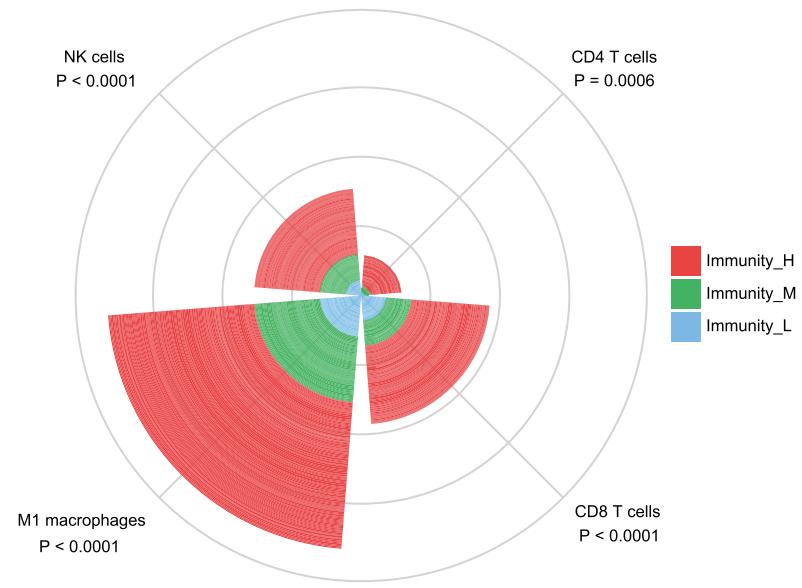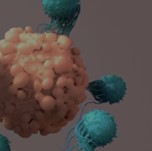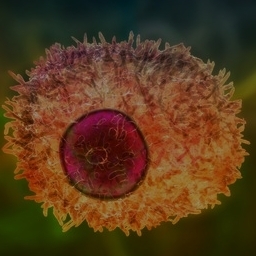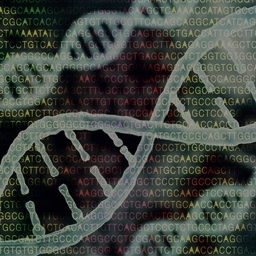Immunomics Services
Immunogenomics Services
Immunogenomics is information science. As in the field of genomics, the greater diversity of immunogenomics studies has the potential to uncover novel genetic traits associated with immune system phenotypes. Based on many years of experience in immunomics research, CD Genomics provides specialized immunogenomics services to help clients find genetic loci associated with the immune system and to deeply explore immune response mechanisms.
Introduction to Immunogenomics
Each of us carries millions of unique random T- and B-cell receptor genes that encode our immune system. Therefore, analysis of the loci encoding these molecules is essential for immunogenomics studies. Next-generation sequencing technologies are playing a transformative role in immunogenomics research, providing a very important database for exploring the fundamental principles and mechanistic underpinnings of the immune system, such as somatic cell recombination, clonal selection, and self-tolerance.
Applications of Immunogenomics
Next-generation sequencing (NGS) technologies have been successfully developed and applied to obtain whole human genome information. In the NGS era, immunogenomics has generated large-scale experimental data that facilitate filling the gaps in our knowledge of the immune system.
- Immunogenomics for Tumor Typing
Immunogenomic analysis can be used to classify triple-negative breast cancer (TNBC) subtypes. Triple-negative breast cancer (TNBC) is a subtype of breast cancer that lacks expression of hormone receptors (estrogen receptor (ER) and progesterone receptor (PR)) and human epidermal growth factor receptor 2 (HER2). The classification of TNBC helps to optimize the selection of TNBC patients who respond to immunotherapy.
 Fig.1 Comparison of
mean proportions of immune cell subsets between TNBC subtypes. (He, Y., et al., 2018)
Fig.1 Comparison of
mean proportions of immune cell subsets between TNBC subtypes. (He, Y., et al., 2018)
- Immunogenomics for Immune Regeneration
Another area where immunogenomics may have medical relevance is immune regeneration. It is now very common to derive induced pluripotent stem cells (iPSCs) from peripheral T cells. The feasibility of re-differentiating T cell-derived iPSCs into young naïve effector cells has now been demonstrated, which maintain antigen specificity while displaying a renewed proliferative capacity.
Our Services
The adaptive immune system is the largest source of genetic variation in humans. As information science, immunogenomics explores the connectivity of the immune system at rest and under challenge, advancing a deeper understanding of the immune system and potentially better immune intervention strategies.

The diverse TCR is the specific receptors for T cells to recognize and bind to foreign antigens which plays an important role in exerting cellular immunity and immune regulation. CD Genomics provides professional and efficient TCR repertoire sequencing and analysis services.
B cells can differentiate into plasma cells upon antigen stimulation. The BCR repertoire is the receptors expressed on the B cells for the specific recognition of antigens. CD Genomics provides high-quality and reliable BCR sequencing and analysis services for clients around the world.
Functional genomics, based on genomic sequence information, connects gene sequences to gene functions as well as phenotypes at the systematic level. CD Genomics provides comprehensive functional genomics services for the immune system.
In addition, based on our professional bioinformatics team, CD Genomics also provides professional data analysis services to our global clients, helping our customers to handle large-scale data efficiently.
Why Choose Us
CD Genomics has been dedicated to immunomics research for many years and has accumulated advanced platforms and professional research teams to provide clients with multiple types of genomics research services. We promote the understanding of the immune system mechanism through in-depth communication and collaboration with our clients. Please contact us for more information.
Reference
- He, Y., Jiang, Z., Chen, C., & Wang, X. (2018). Classification of triple-negative breast cancers based on Immunogenomic profiling. Journal of Experimental & Clinical Cancer Research, 37, 1-13.


